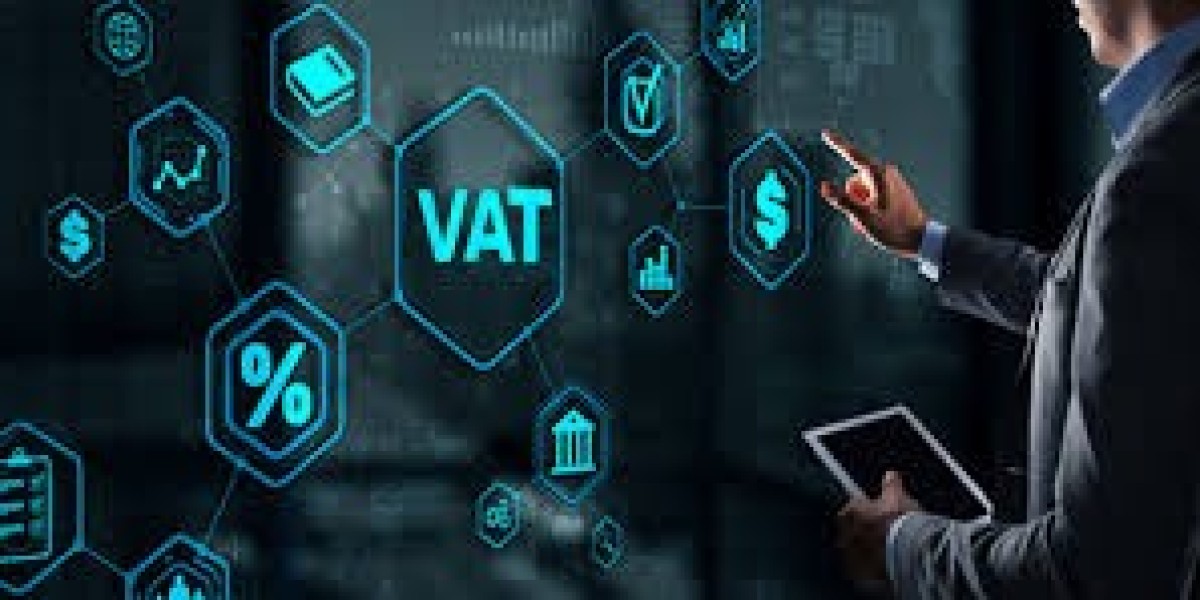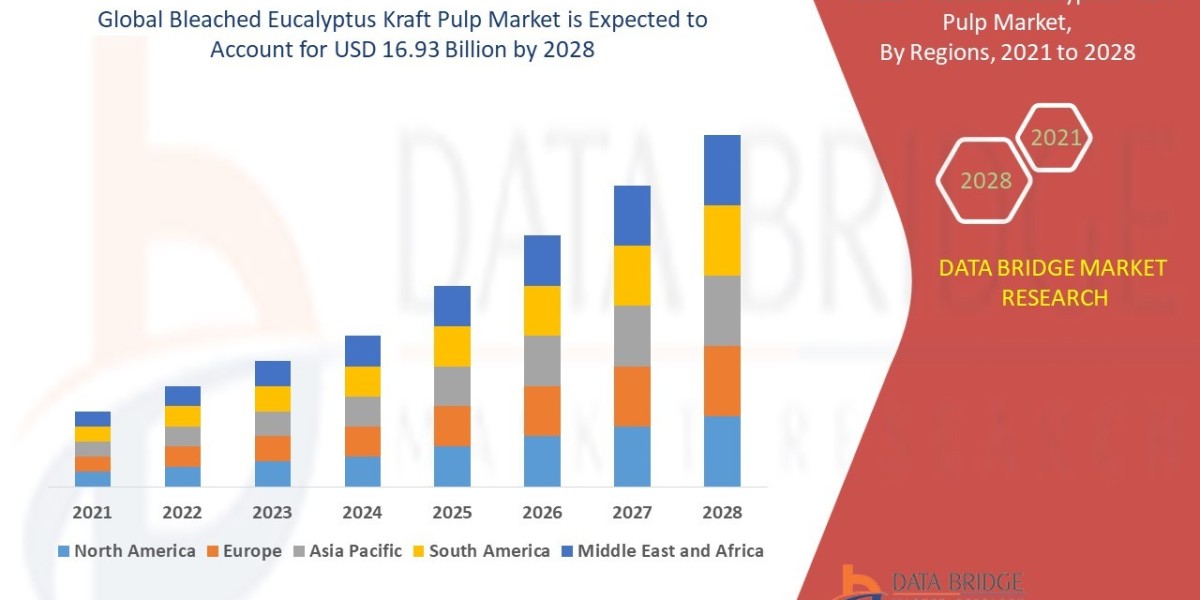This is where VAT tax accounting becomes essential. It ensures that VAT is calculated correctly, reported on time, and aligned with HMRC regulations. More importantly, it helps small businesses avoid fines, save money, and operate with confidence.
In this article, we’ll explore why VAT tax accounting is critical for small business compliance, what it involves, common challenges, and how partnering with experienced providers like The Infinity Group can protect and support your business.
- VAT Is Not Optional—It’s a Legal Obligation
In the UK, any business with a VAT-taxable turnover of £90,000 or more (2024–25 threshold) must register for VAT. Even businesses below the threshold may choose to register voluntarily if it benefits them.
Once registered, VAT becomes a legal responsibility. This means you must:
- Charge VAT at the correct rate
- Issue proper VAT invoices
- Keep digital financial records
- Submit VAT returns on time
- Pay HMRC the VAT you owe
- Follow Making Tax Digital (MTD) rules
Failing to comply can result in penalties, interest charges, and even HMRC investigations. VAT tax accounting ensures that all these duties are handled accurately and legally.
- VAT Rules Are More Complex Than They Appear
Many business owners assume that VAT is just “adding 20% to sales.” In reality, VAT law is complicated and full of exceptions.
Consider the following complexities:
Different VAT rates
- Standard rate (20%)
- Reduced rate (5%)
- Zero rate (0%)
- Exempt supplies (no VAT, but restrictions apply)
- Outside the scope (completely different treatment)
Industry-specific rules
- Construction and CIS (Domestic Reverse Charge)
- Hospitality and catering (different rules for food)
- Education and healthcare (often exempt)
- E-commerce and digital services (place of supply rules)
- Property transactions (option to tax, zero-rating)
Cross-border VAT
After Brexit, VAT on imports and exports changed drastically. Many small businesses still struggle with:
- Import VAT and customs declarations
- Reverse charge mechanisms
- One-Stop Shop (OSS/IOSS) for selling to EU customers
A VAT accountant understands these rules and applies them correctly based on your industry, customer location, and transaction type.
- VAT Tax Accounting Prevents Costly Mistakes
VAT errors are one of the leading causes of HMRC investigations. Common mistakes include:
Charging the wrong VAT rate
Missing the VAT registration deadline
Reclaiming VAT on non-qualifying expenses
Forgetting to apply reverse charge VAT
Using the wrong VAT scheme
Late submissions or payments
Poor record-keeping or missing invoices
These errors can lead to:
- Backdated VAT bills
- Penalties up to 100% of the VAT owed
- Interest on late payments
- Increased scrutiny from HMRC
- Business reputation damage
VAT tax accounting ensures accuracy, timeliness, and compliance, protecting your business from unnecessary risk.
- HMRC Expects Digital Compliance (MTD Requirement)
Since April 2022, all VAT-registered businesses—regardless of size or turnover—must comply with Making Tax Digital (MTD).
That means:
Keeping digital VAT records
Using MTD-compatible software (e.g., Xero, QuickBooks, Sage)
Submitting VAT returns via API-enabled software
Maintaining digital links (no manual copying and pasting)
Failure to follow MTD rules can trigger penalties.
Many small businesses are not familiar with accounting software or digital records. VAT tax accountants set up compliant systems and ensure all submissions meet HMRC standards.
- VAT Schemes Affect How Much You Pay
Choosing the right VAT scheme can save or cost your business thousands of pounds.
The most common VAT schemes include:
- Standard VAT Accounting – based on invoice date (most accurate, but complex)
- Flat Rate Scheme (FRS) – pay a fixed percentage of turnover to HMRC (simpler, but sometimes more expensive)
- Cash Accounting Scheme – pay or reclaim VAT only when money is received or paid (good for cash flow)
- Annual Accounting Scheme – one annual return with instalments (less admin)
- Margin schemes – for second-hand goods (pay VAT only on profit)
Choosing the wrong scheme risks overpaying VAT or misreporting to HMRC. A professional VAT accountant evaluates your business and recommends the most cost-effective method.
- VAT Affects Cash Flow—Good or Bad
VAT can help or hurt your cash flow depending on how it’s managed.
For example:
- You may have to pay VAT before receiving customer payments.
- You can reclaim VAT on large purchases—but only with proper documentation.
- If you charge more VAT than you reclaim, you pay HMRC.
- If you reclaim more than you charge, HMRC pays you.
A VAT accountant works to:
Improve cash flow timing
Minimise VAT liability legally
Schedule payments strategically
Monitor VAT reclaim opportunities
Good VAT accounting = better financial health.
- VAT Returns Require Accuracy and Deadlines
VAT returns are usually submitted every quarter, but some businesses submit annually or monthly. Each return must include accurate figures for:
- Total sales & output VAT
- Total purchases & input VAT
- VAT adjustments
- VAT owed or reclaimed
Deadlines are strict:
- VAT return: 1 month + 7 days after the end of the period
- VAT payment: Same deadline
Late returns or payments = penalties and interest.
VAT tax accountants ensure:
Data is accurate and complete
Records are compliant with MTD
Returns are submitted on time
Payments are correct
- VAT Audits and Investigations Are Stressful—Unless You’re Prepared
HMRC can select your business for a VAT compliance check at any time. This may involve:
- Reviewing invoices, receipts, and records
- Examining VAT schemes used
- Checking input VAT validity
- Verifying VAT rates charged
- Investigating past returns
If problems are found, penalties follow.
VAT tax accountants:
Prepare you for inspections
Handle HMRC communication
Provide documents professionally
Defend your position
Minimise penalties or negotiate settlements
Having an accountant means you are never alone during an HMRC enquiry.
- VAT Accounting Supports Business Growth
As your business grows, VAT becomes more complex:
- More transactions to track
- More suppliers and customers
- Potential international trade
- VAT group registration
- New products/services with different VAT rates
- Business restructuring or expansion
VAT tax accountants not only keep you compliant but also support growth by:
Planning VAT implications of expansion
Advising on pricing and profitability
Ensuring your systems scale as you grow
Helping you reclaim VAT on investments
Reducing tax exposure
Good VAT accounting is part of good business strategy.
- Outsourcing VAT Tax Accounting Is Cost-Effective
Instead of struggling with VAT yourself or hiring a full-time employee, many small businesses outsource VAT tax accounting to specialists like The Infinity Group.
Benefits of outsourcing:
Access to VAT experts
Accurate record-keeping
Full HMRC compliance
Stress-free VAT returns
Support with CIS, payroll, and bookkeeping
Lower costs compared to in-house staff
You get expert support without the high cost of a full-time finance team.
- The Infinity Group: Your Partner for VAT Tax Accounting and Compliance
When choosing a VAT accountant, industry knowledge matters. The Infinity Group specialises in working with UK small businesses, especially in industries with complex VAT needs such as:
- Construction & CIS
- Contractor and subcontractor services
- Umbrella payroll
- Recruitment and labour supply
- Service-based businesses
- SMEs across various sectors
What The Infinity Group offers:
VAT registration and deregistration
VAT returns and submissions (MTD compliant)
VAT scheme advice (Flat Rate, Cash, Standard, etc.)
VAT planning and risk reduction
Support with reverse charge and CIS
HMRC communication and audits
Full bookkeeping and payroll services
They don’t just submit your VAT—they protect your business and help you grow.
- Final Thoughts: VAT Tax Accounting Is Not Optional—It’s Essential
VAT is one of the most complex areas of UK tax law, and small mistakes can lead to big consequences. That’s why VAT tax accounting is not just a financial task—it’s a compliance necessity and a strategic advantage.
By working with a professional VAT accountant, you can:
Stay compliant with HMRC
Avoid fines and investigations
Improve cash flow
Save money through the right schemes
Focus on running and growing your business
For small businesses in the UK, VAT tax accounting is essential for compliance, profitability, and peace of mind.
And with trusted experts like The Infinity Group, you don’t have to manage VAT alone.












